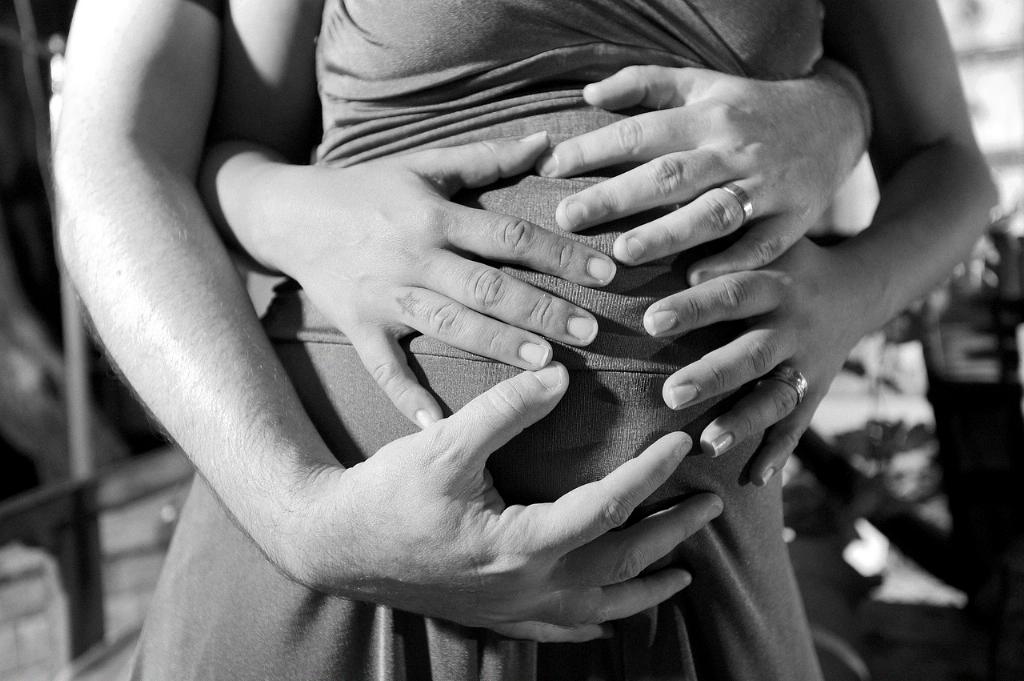When considering the possibility of carrying a pregnancy with an ovarian cyst, it’s important to understand the different types of cysts that can develop in the ovaries. One common type of cyst that generally does not affect fertility is known as functional cysts. These include follicular cysts and corpus luteum cysts, which are part of the normal menstrual cycle and do not typically hinder a woman’s ability to conceive.
Functional cysts are considered to be benign and usually resolve on their own without causing any long-term issues in terms of fertility. They usually develop during the menstrual cycle and are often asymptomatic. While functional cysts are generally not a cause for concern when it comes to pregnancy, it is important to monitor them to ensure they do not grow larger or cause complications.
On the other hand, there are other types of ovarian cysts that may have an impact on fertility and the ability to carry a pregnancy. For example, complex ovarian cysts, dermoid cysts, or endometriomas can sometimes interfere with normal reproductive function. These types of cysts may require treatment or monitoring to assess their impact on fertility.
If you are trying to conceive and have been diagnosed with an ovarian cyst, it is advisable to consult with your healthcare provider to determine the type of cyst you have and whether it may pose any risks to your fertility or pregnancy. Your doctor can provide guidance on the appropriate course of action and recommend any necessary treatment or monitoring to ensure a healthy pregnancy.
In some cases, the presence of an ovarian cyst may not necessarily prevent pregnancy, but it may increase the risk of certain complications during pregnancy. Large cysts or cysts that are causing symptoms such as pain or irregular bleeding may need to be addressed before attempting to conceive to minimize any potential risks to both the mother and the developing fetus.
It is also important to consider the underlying cause of the ovarian cyst when evaluating its impact on pregnancy. Certain conditions that can lead to the development of cysts, such as polycystic ovary syndrome (PCOS) or endometriosis, may affect fertility and require specialized treatment to optimize the chances of conceiving and carrying a pregnancy to term.
Overall, while functional ovarian cysts are generally not a barrier to carrying a pregnancy, it is crucial to consult with a healthcare provider if you have concerns about how an ovarian cyst may affect your fertility or pregnancy. With proper monitoring and management, many women with ovarian cysts are able to conceive and have successful pregnancies.
In conclusion, the presence of an ovarian cyst does not automatically mean that you cannot carry a pregnancy. The type and characteristics of the cyst, as well as any associated symptoms or complications, will determine the potential impact on fertility and pregnancy. By seeking guidance from a healthcare provider and closely monitoring the cyst, you can take steps to optimize your chances of conceiving and maintaining a healthy pregnancy.

